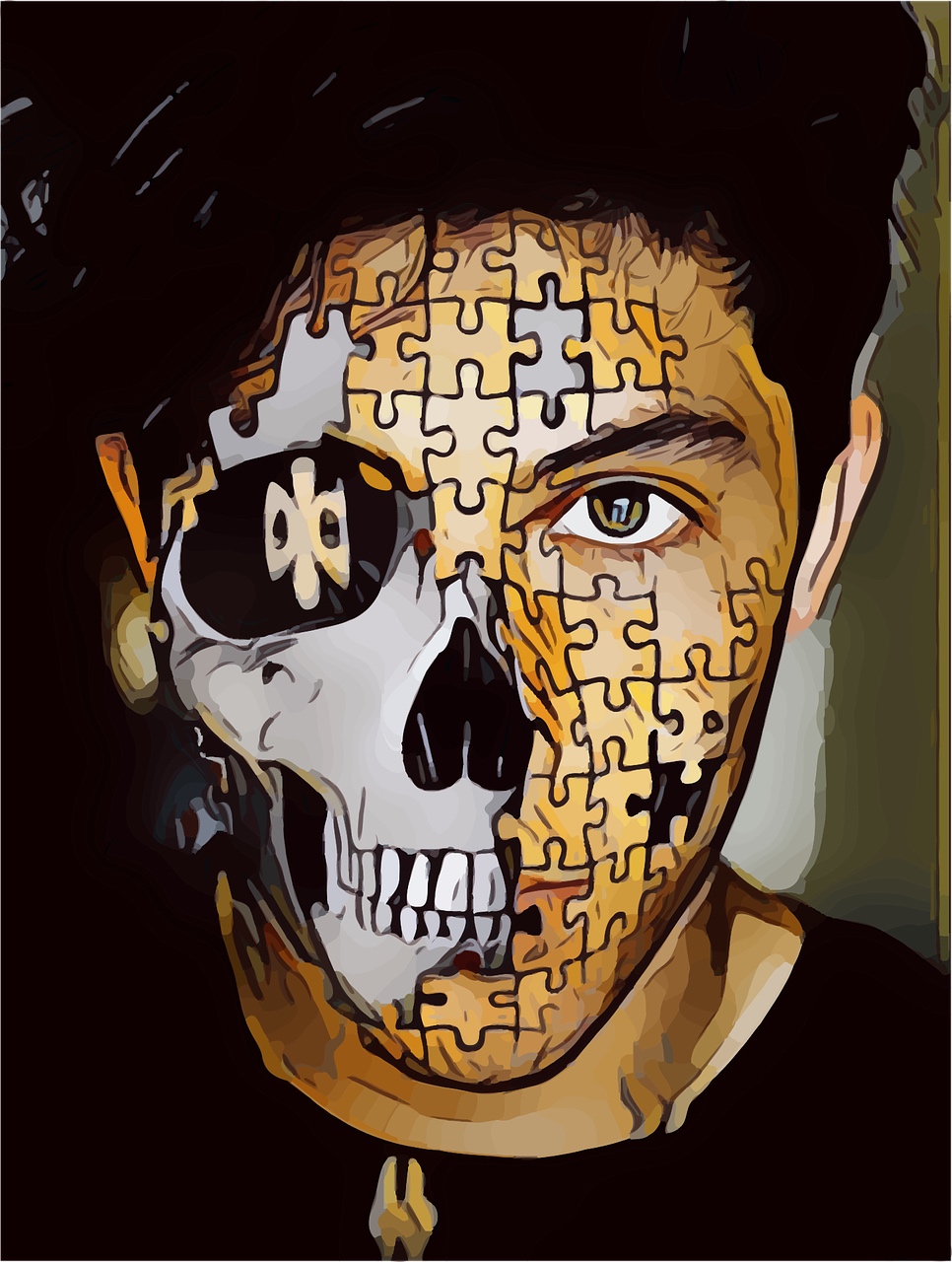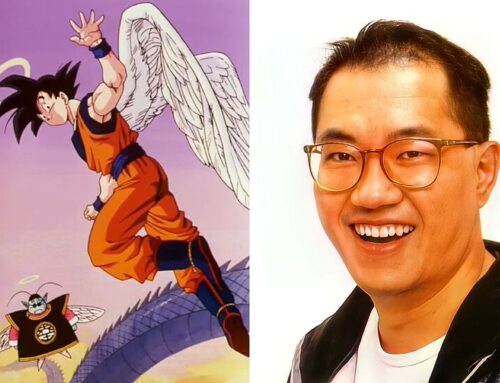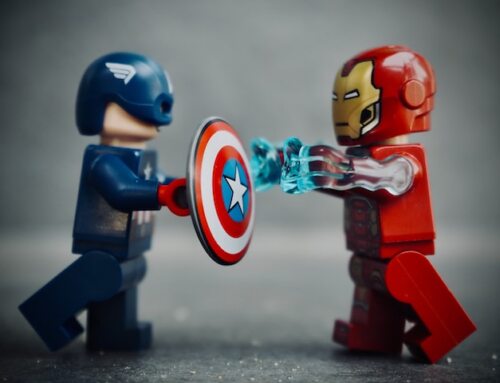Breaking Bad, Joker, perhaps Infinity War… some stories just nail the psychology of “the bad guy.”
Why are we so fascinated by bad guys? Why do we insist that stories have “three-dimensional” or relatable villains?
Simply put, bad guys who are bad just for the sake of being bad aren’t interesting and, deep down, we know they’re unrealistic.
But I think this desire for a realistic villain implies something about our psychology.
It means that villains “make sense” on a deeper, human, even archetypal level. I’d suggest to you that villainy is something inside us all. Each one of us has the potential to end up as the bad guy.
If that’s true, then we each have something to learn from villains, if for no other reason than to make sure we do not become one.
Let’s dig in.
What is a Villain?
First, let’s define what a villain is.
Villains are the bad guys: They go against the grain in society so much that they become counterproductive to its structures and aims (moral or otherwise). However society has defined “good,” the bad guys go the other direction in some extreme way with extreme measures to boot.
Usually, this is because the traditional structures and morals have failed them.
Of course, there are varying degrees and arenas where someone might become the villain. Some villains simply oppose one person. Others wish to destroy an entire civilization.
Ultimately, the strategy marks one as a villain. After all, someone who wants society to change because they think the change is beneficial is simply liberal or progressive in their views. But if they want to make change with violence or coercion… then they’ve truly corrupted.
Let’s use Star Wars as an example.
The far, far away Galaxy of Star Wars does numerous flip-flops as its characters vie for control.
The man who would become the Emperor plays a political game trying to destroy the slow, inefficient democracy that is in place. Eventually, he wins. But his game was more than political. He was underhanded and sadistic, willing to kill and destroy to obtain and preserve the power that he sought. He used violence and coercion to get his way, rather than taking the agreed-upon process of democracy.
Ultimately, Emperor Palpatine always wanted ultimate power to bring about a Sith-ruled and controlled galaxy.
Bullies Make Bullies
Some today try to make their political opponents into villains, but this is overly simplistic and borderline fascist. Ironically, it could create villains, since it attempts to isolate, invalidate, and coerce. Ultimately, it dehumanizes, and one of the fastest ways to turn someone against you (and whatever you stand for) is to dehumanize them.
For some people, the world’s structures don’t work. Even if they agree with the world in theory, things don’t work out in practice.
People screw them over but never face justice. They do all the right things in their marriage, but it doesn’t work out. They work their butts off, but the boss gives the promotion to someone else. Add these things up, and you may have someone seriously jaded and resentful, perhaps with little to lose.
That’s a prime recipe for villainy.
With resentment of society, its structures, and its people, comes the desire to change them… or burn them to the ground.
And since “justice” or some other societal structures or morals don’t seem to be working, it becomes time to take things into their own hands.
Thus, a villain is born. Or, at least, the seeds of villainy have begun to sprout.
What Makes a Villain That is Too Far Gone?
“Be Killing Sin, Lest Sin Be Killing You” – John Owen
Is there ever a point of no return? Or does the opportunity for redemption always remain?
The answer, as it almost always is, lies somewhere in the middle.
For most, under the right circumstances, eyes can be opened and repentance had. For others, including the truly psychopathic or psychotic, it may never come, and we would be foolish to wait for the answer. These cases are rare, I think, but not so rare that most of us won’t encounter someone truly evil in life.
For the other cases, and our own hearts, it’s important to watch for growing resentment or bitterness, and do our best to build trust and understanding — even would-be rivals.
In the end, we’re all just as capable of becoming a villain. Like Gollum and the ring, Palpatine and political power, we can become consumed by temptation, ideology, and bitterness to the point of destruction of our own souls and character.
This is why real villains are relatable. You have the same human faculties that they do. You can get resentful, and your craving for justice could become one for revenge.





